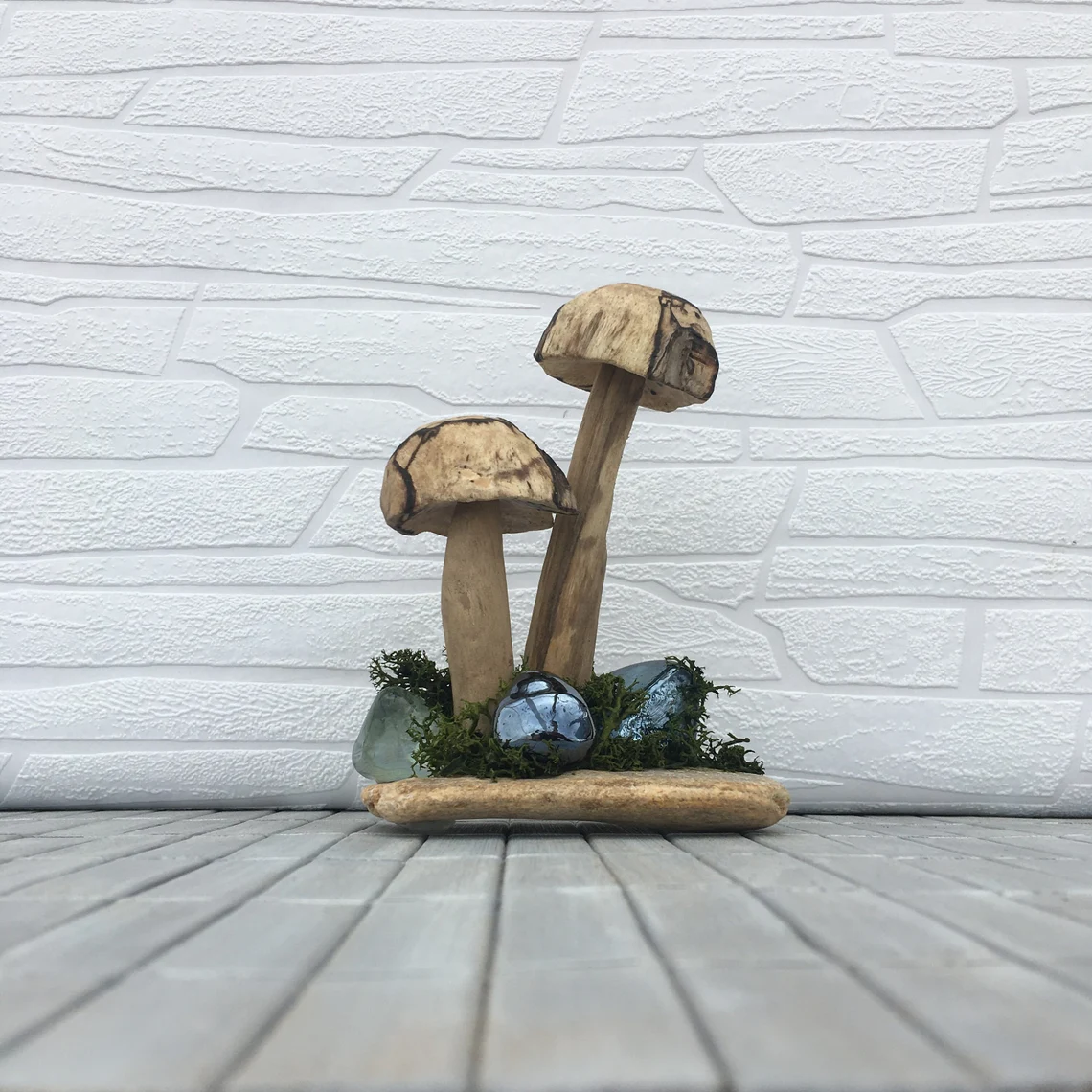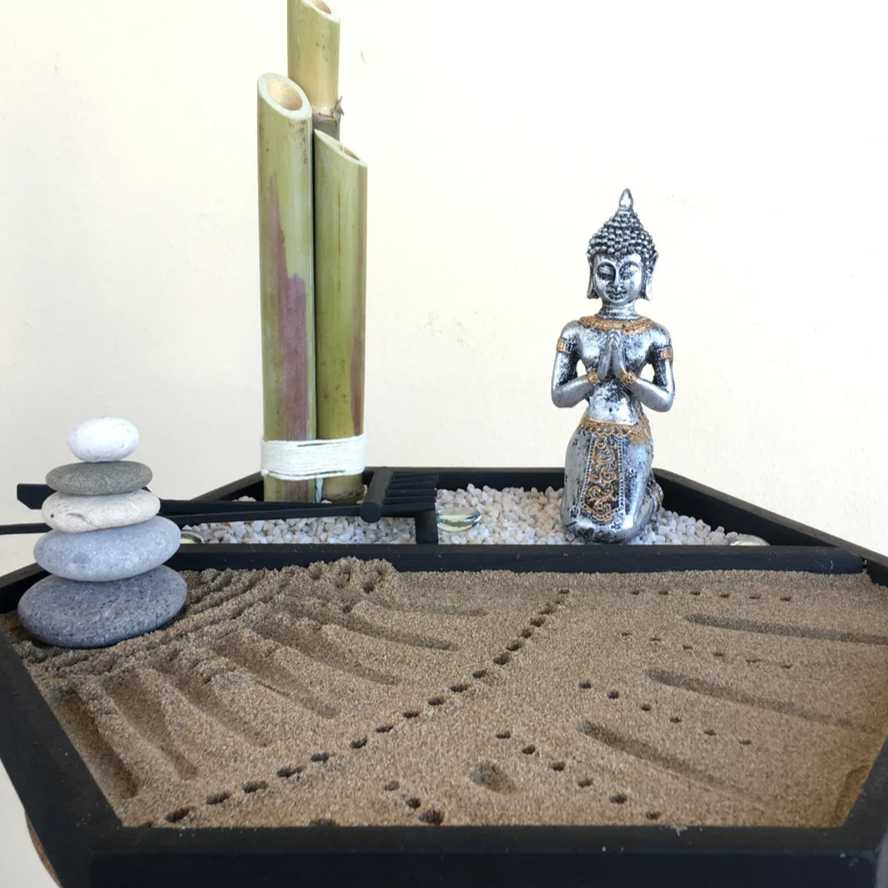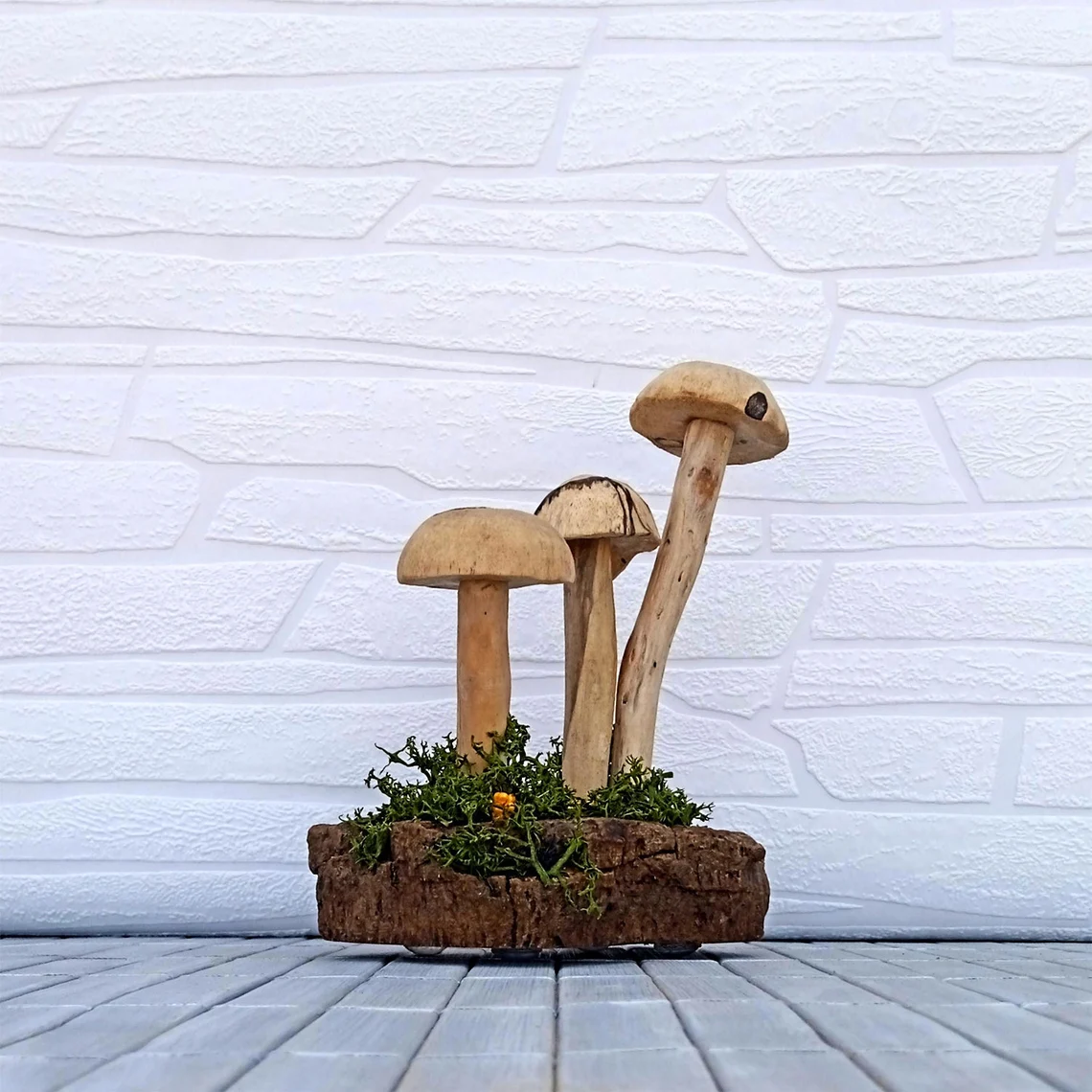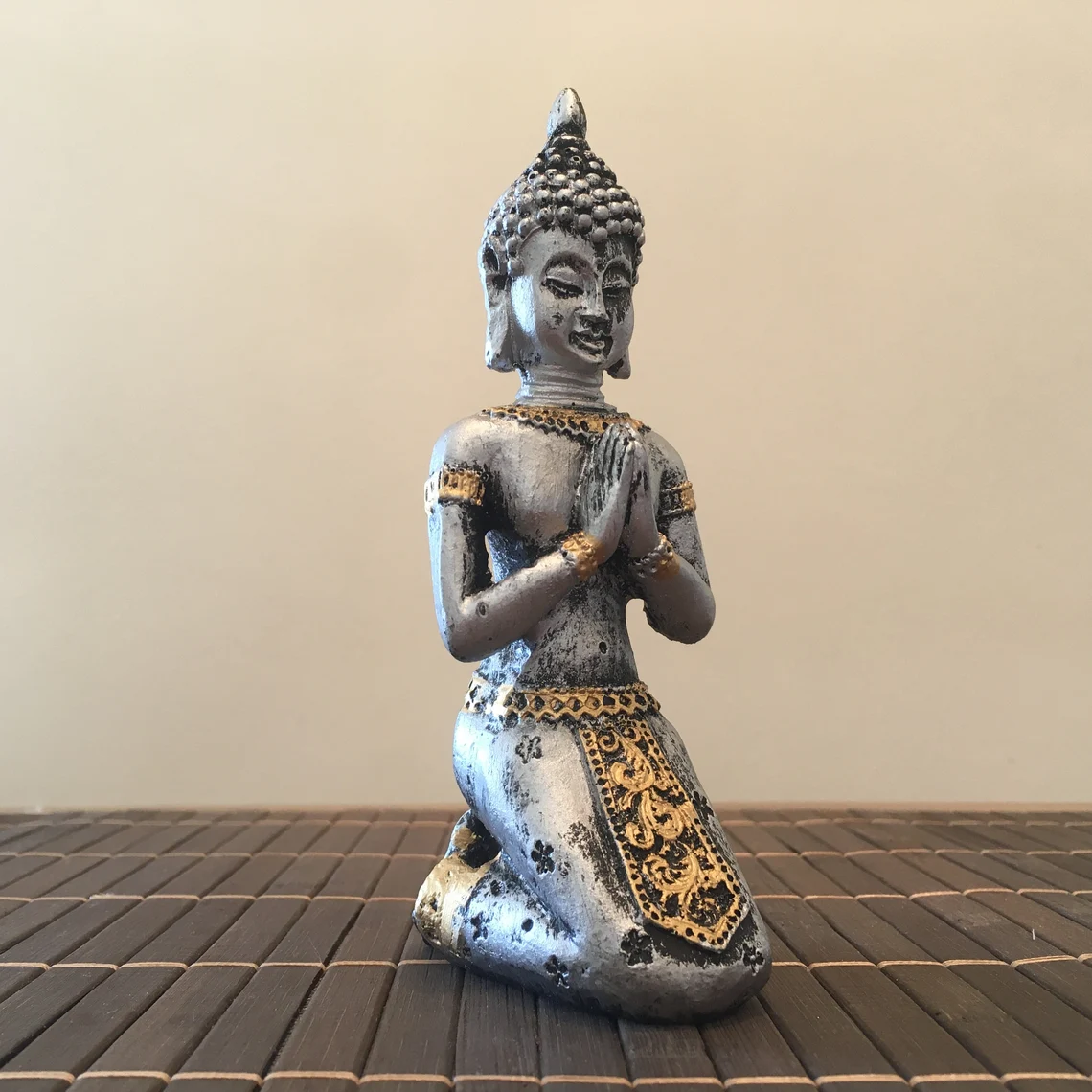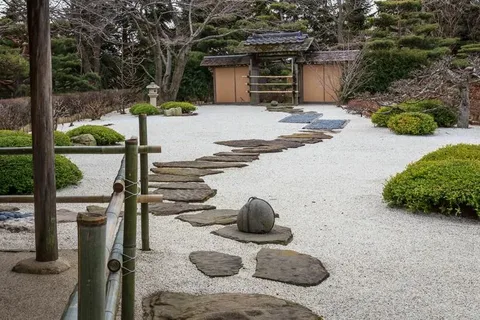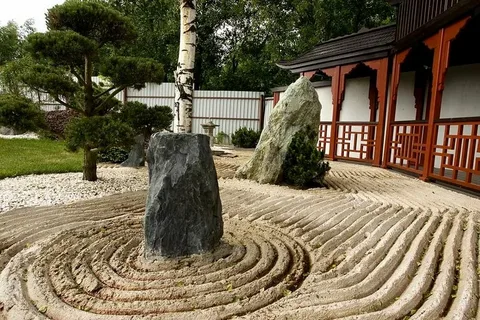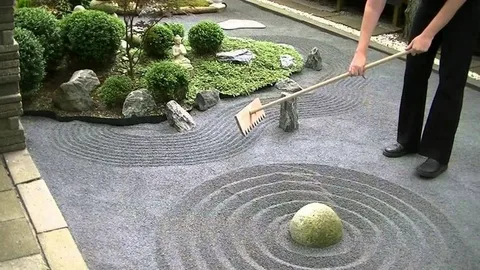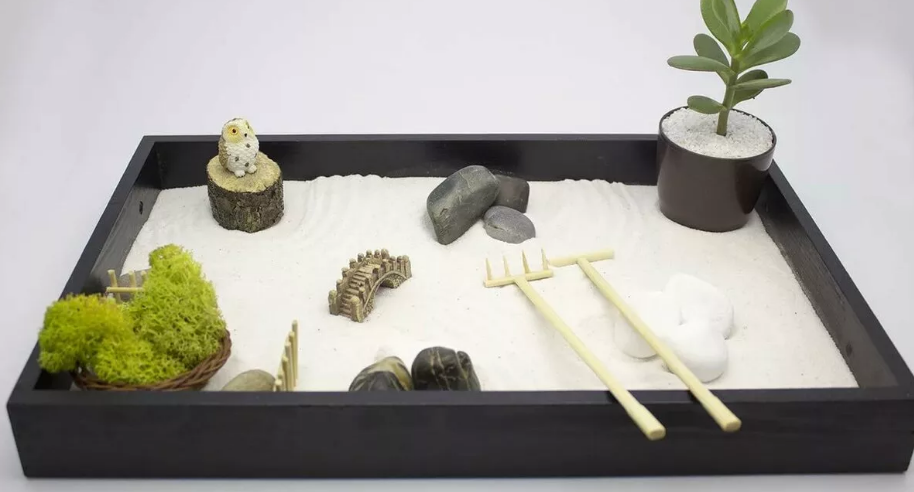ZEN GARDENS & DECOR
The tabletop zen garden is an affordable mini version of a Japanese rock garden. The Japanese believe that the soul of the world is revealed when the observer's mind is quiet and still. The elements in the rock garden embody the Zen idea of wabi-sabi aesthetics, which teaches us to contemplate beauty in the primordiality, simplicity and gentleness of nature.
TRADITIONS OF STONE GARDENS IN JAPAN
The first stone gardens in history were created by Japanese monks and pilgrims around the 8th century. They were built in the courtyards of Zen Buddhist temples and monasteries for secluded prayers and meditation.
CHOOSING STONES FOR THE GARDEN
The aesthetics of the eternal garden is imbued with the ideas of miniaturization and brevity. Only two elements form the basis of the composition: stones and the decking under them.
There is not a single random stone in a Japanese garden, because each of them is a unique symbol. The frozen stones are a reminder of the ascetic and eternal soul of man, perfect and not demanding of nature. A gardener can spend weeks searching for a stone of the right shape, even if it is very small and simple in appearance.
PHILOSOPHY OF STONE GARDEN IN JAPAN
The stone gardens of Japan are also called eternal. They are endowed with philosophical and religious meaning. Such a garden is honored as a sacred place of power and merging with the divine. It is carefully cared for, and each stone is cherished as a real relic.

